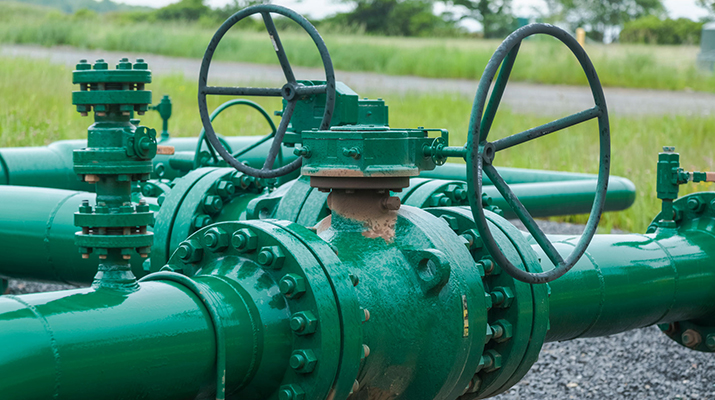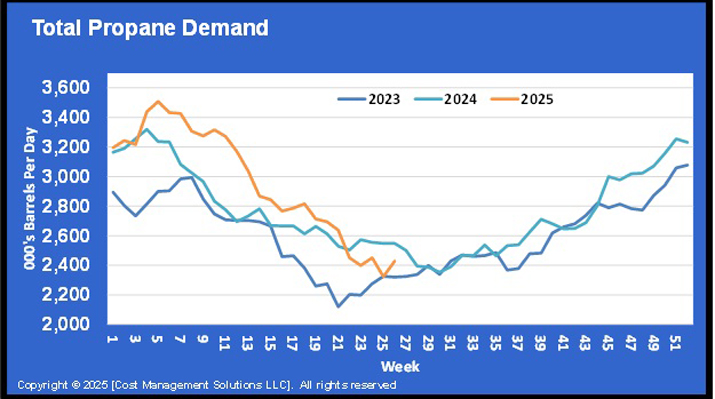Propane’s strong ties to midstream processes

The discussion that takes place in Trader’s Corner often centers around the processes involved in midstream operations: the gathering, processing, fractionating, storing and transporting of natural gas, natural gas liquids (NGLs) and crude oil.

Of course, propane is one of the NGLs that’s recovered during natural gas processing and crude oil refining. So, these midstream processes not only help give us the propane that we’re using today, but they eventually lead to some of the discussions about propane fundamentals that we have in this space – for example, discussions about production, supply, demand and inventory.
Midstream is the aptly named segment of the energy stream that lies between production, which is happening today in many energy-rich shale plays across the country, and the end use of the products.
It’s also a segment that’s often overlooked and misunderstood.
“We describe ourselves as the invisible industry,” says Sarah Miller, the new president and CEO of GPA Midstream, the trade group representing midstream operations in the United States and some around the world, who’s out to change that moniker. “People don’t know where their energy comes from; they don’t know where their products come from.”
Miller took over the top job at the association in September following Joel Moxley’s retirement, and she spoke earlier this month at the Propane Education & Research Council’s (PERC) meeting in Naples, Florida. GPA Midstream and PERC often collaborate on technical research projects and consumer education initiatives, and nine of the councilors are from the midstream sector.
Miller used much of her time in front of the council to explain the importance of midstream and its close ties to the propane industry.
“This reflects that we have extraordinary infrastructure across the nation,” she says while showing a graphic of midstream processes. “There are approximately half a million miles of pipeline used in midstream operations across the nation, and we have nearly 500 processing plants across the nation.”
In 2022, she says, 87 percent of the propane in the United States came from natural gas processing. That’s 1.87 million barrels per day (bpd) or 78.5 million gallons per day. The other 13 percent came from crude oil refining – 0.28 million bpd or 11.8 million gallons per day. For the record, another 4.5 million gallons of renewable propane was produced that year.
“That suggests nearly all propane is gathered, processed, fractionated, stored and transported through our midstream facilities,” she says.
Looking outside the industry, Miller plans to continue GPA’s mission of shaping the public’s perception of the association and its members. And it starts with education.
“We’re proud that midstream supplies many of the products we rely on every day for our standard of living,” she says.
Miller cites consumer products like toothbrushes, clothes, smart televisions, computers, cosmetics and pharmaceuticals – all possible because the NGLs separated at fractionation plants can be used as feedstocks for petrochemical plants to then create products like plastics and medicines. She also notes that 43 percent of the electricity generated in 2023 came from natural gas.
GPA Midstream realized it needed to speak up for itself and created its “Let’s Clear the Air” campaign in 2022 to help educate the public about how energy moves from production to end use. GPA sees the continued effort as an important way to gain needed support and protect the industry’s future.
“Our goal is to keep the energy mix diverse, reliable, affordable and sustainable,” Miller says.
Featured homepage image: drnadig/E+/Getty Images
To subscribe to LP Gas’ weekly Trader’s Corner eNewsletter, click here.
Read more Trader’s Corner:
















